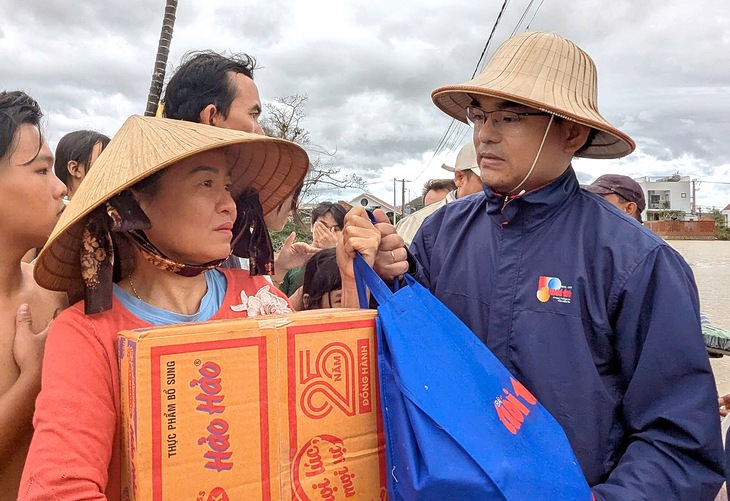
Reporter of Tuoi Tre newspaper representative office in Gia Lai presents emergency relief gifts to Ms. Nguyen Thi Bich Ngoc, area 2, Quy Nhon Bac ward - Photo: HV
Yesterday (November 24), the National Assembly discussed in the hall the draft Law on Press (amended). Tuoi Tre had an interview with Associate Professor, Dr. Tran Hoang Ngan, National Assembly delegate of Ho Chi Minh City, about the law amendment.
The necessity of journalistic innovation in the new era
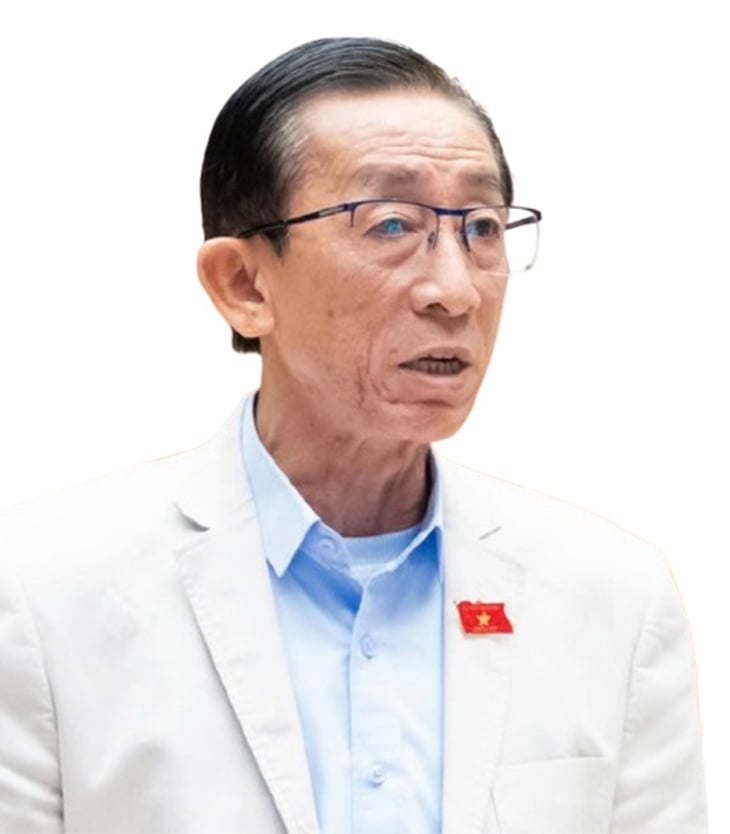
* In your opinion, what innovations does Ho Chi Minh City's press need to meet the requirements of the digital age?
- Starting from 2026, the whole country will enter a new era, an era of national development. All localities and all industries must adapt to this era. Among the fields that must adapt most strongly, journalism is one of the leading fields.
This is the period of the 4.0 industrial revolution, the period of digital revolution, of information, of data, of propaganda.
If the press does not change significantly, people will be miserable when accessing too many sources of information without knowing which is authentic. This can lead to deviation, wrong thinking and wrong action.
Promoting the role and tradition of revolutionary journalism in the new era is extremely important. I highly appreciate the contribution of the Ho Chi Minh City press, which has become a weapon and an effective tool for the city to recover and develop; a pioneering force in difficult times, from the subsidy period to the lockdown period due to the COVID-19 pandemic. Many innovative and breakthrough models of the city have been encouraged, spread and replicated by the press itself.
Therefore, in the coming time, the number one requirement is that information must be fast and accurate. People need to access the Party's policies and guidelines, the State's laws, or the living situation, natural disasters, and epidemics as soon as possible. Nowadays, natural disasters and floods come very quickly, and slow information means that people are disadvantaged.
The second requirement is to be modern. Modernity requires a professional press agency. The press is a tool to propagate the Party and State's policies, so it must have professional and effective means and organization. The press must contribute to connecting people with people, connecting the domestic with the international; must help bring the image of the country and people of Vietnam to the world with positive and accurate information.
* From the perspective of a policy maker, how do you evaluate the role of Ho Chi Minh City press in socio-economic development and the policy-making process?
- It must be affirmed that the role of the press in the country in general and the press in Ho Chi Minh City in particular is very important. It is necessary to recognize that the press has contributed to Ho Chi Minh City in every period.
Since the reform period, the press has promoted advanced models and good practices, and promoted the creativity and dynamism of businesses and the government. In the fight against the COVID-19 pandemic in Ho Chi Minh City, reporters are the frontline soldiers. They contribute to effective epidemic prevention propaganda, helping to mobilize social resources to overcome the consequences and restore the economy.
During the process of the National Assembly discussing policies for Ho Chi Minh City, from Resolution 54 to Resolution 98..., the press also made an important contribution. The press honestly reflected the institutional difficulties that Ho Chi Minh City was facing, helping the National Assembly understand better and reach a high consensus when voting to approve. Or like collecting public opinions on planning, on major policies... the press conveyed very quickly and very honestly. That is an extremely useful source of information for policy making.
It is also worth noting that during the recent floods, especially in the Central and Central Highlands regions, reporters from newspapers, including those in Ho Chi Minh City, were present at the "flood centers", deeply inundated areas, and heavily isolated residential areas.
Reporters from Saigon Giai Phong, Tuoi Tre, Nguoi Lao Dong newspapers... not only reported truthful and accurate news, but also directly delivered relief goods and brought necessities to people struggling in the midst of natural disasters.
These images once again remind us of the irreplaceable mission of the press, especially large newspapers with long-standing prestige in socio-economic centers such as Hanoi and Ho Chi Minh City.
Requirements for the model of the main press and media agency
* Sir, the inspection agency, many delegates and experts have suggested that it is necessary to add key media agencies in some localities or some units that have built up prestige and have a certain position in press activities to act as "focal points" for the entire system. What is your opinion?
- I completely agree with this proposal. Because Hanoi and Ho Chi Minh City are two "super cities", the largest centers of the country, therefore, there needs to be a specific mechanism and policy to form a key media agency here. Because these two localities have the largest population in the country and are both very important growth poles, very sensitive to information.
People access the Internet, e-commerce, social networks... 24/7. Therefore, people's need for information is very large, the frequency of interaction is very high and it is also a place where fast and accurate information is needed to maintain social stability and promote economic development.
* So, in your opinion, what are the characteristics of the key media agency model in the locality, especially in Ho Chi Minh City, to develop strongly, stably and sustainably?
- In the model of a major multimedia media agency in these localities, member units must have clear legal status, a network, and subsidiaries to interact and support each other. But they must keep the domain name and brand that have existed for decades.
Overseas Vietnamese who want to learn about the country often access these domains of major newspapers. Thus, in the new era, the press must have a breakthrough, the organization must have substantial and strong innovation.
I think about forming strong press and media groups, like the CNN model in the world. Only large enough press groups can have the power to spread and have enough resources to compete in the information explosion era. Vietnam currently has about ten strong press brands: Tuoi Tre, Thanh Nien, VNE, Vietnamnet, Dan Tri, Nguoi Lao Dong, Lao Dong, Sai Gon Giai Phong, Nhan Dan, Tien Phong ...
These brands all have a very large readership. We can focus on supporting strong brands, maintaining the independence, historical value and trust of each brand, but organizing them in a group model to complement, be compatible, share infrastructure, share resources.
* So what is most important when restructuring the press system to achieve the goal of being lean, strong and effective?
- I think this is a common policy in restructuring the political system, including state-owned enterprises, public service units, administrative units and the press. The most important point is to ensure efficiency. Streamline but must be strong. Streamline but must improve efficiency and effectiveness. The press must promote the quintessence and traditional values accumulated over decades.
And in particular, we must maintain the brand of prestigious newspapers, especially those with long-standing traditions in Ho Chi Minh City. The General Secretary also emphasized this when meeting the press. I found the General Secretary's speech very good, expressing a consistent viewpoint: strong innovation but not losing core values - that is the brand and reputation of Vietnam's revolutionary press.
Source: https://tuoitre.vn/can-chinh-sach-dac-thu-ve-bao-chi-o-2-sieu-do-thi-20251125091348317.htm








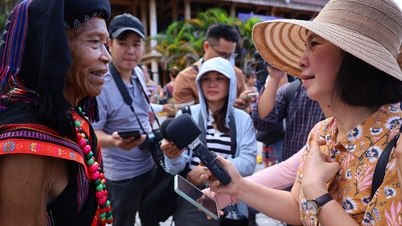

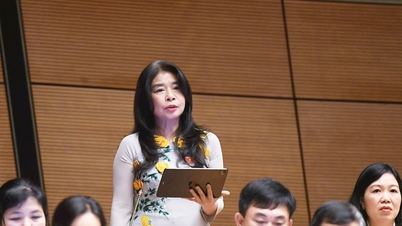

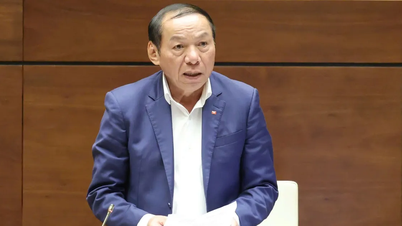

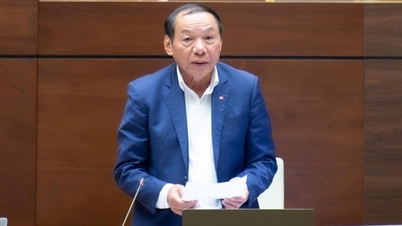

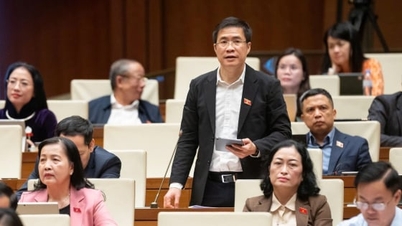

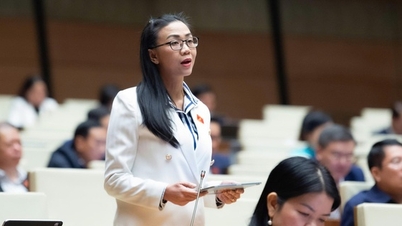
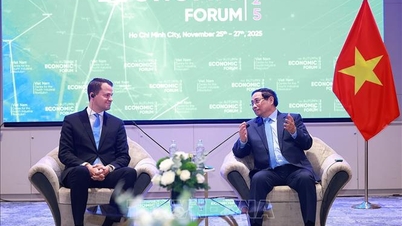

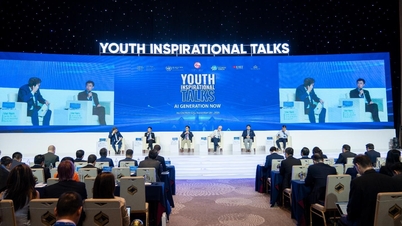
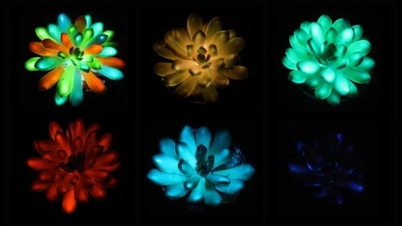
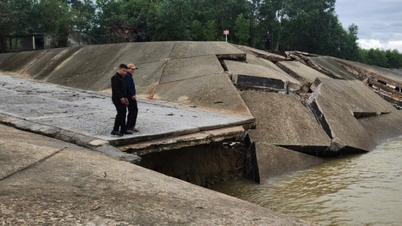

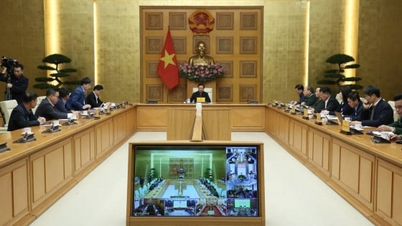





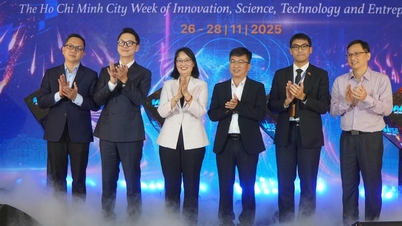
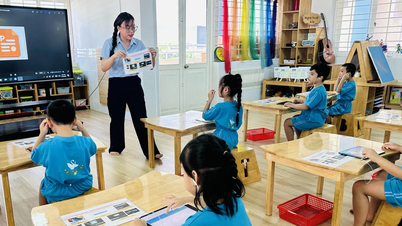


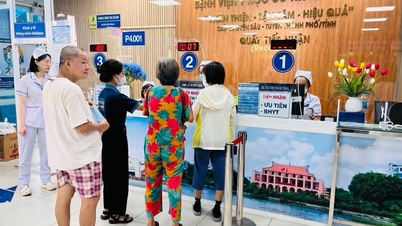
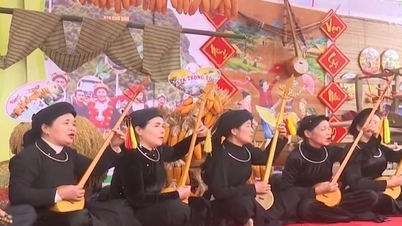

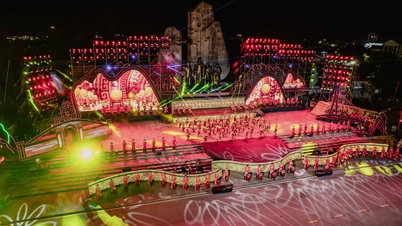

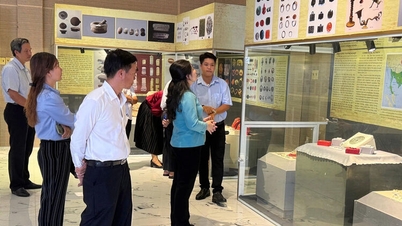

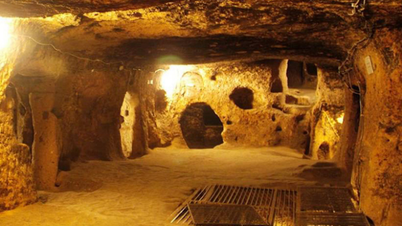

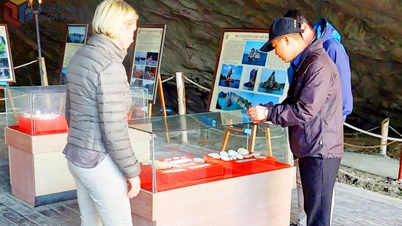

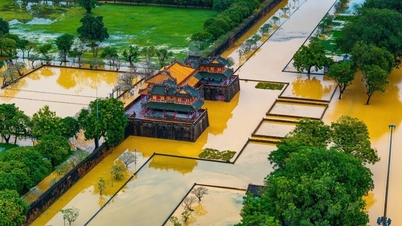

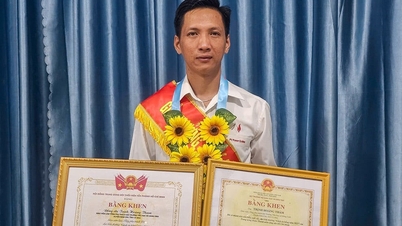

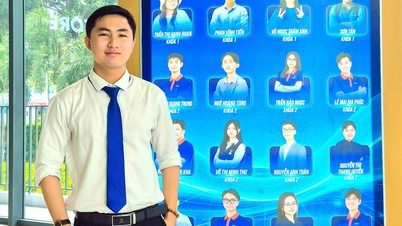
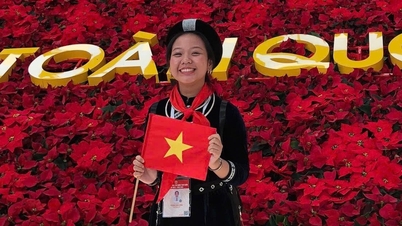

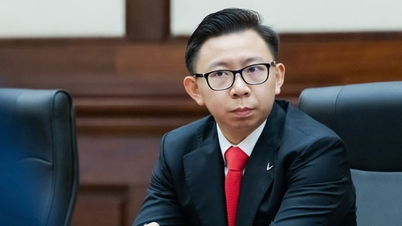
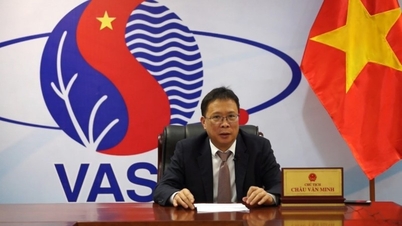
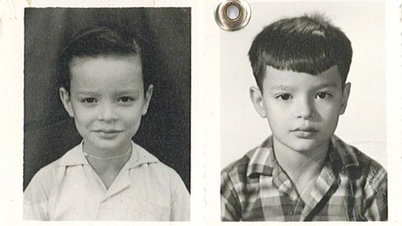


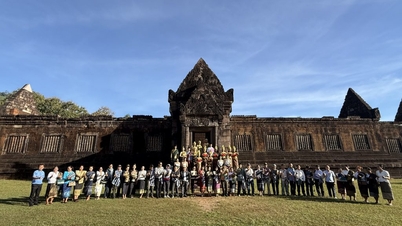

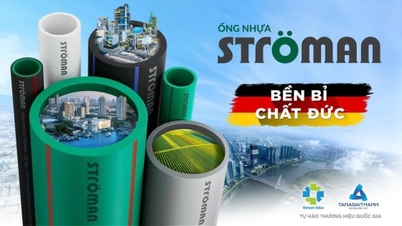
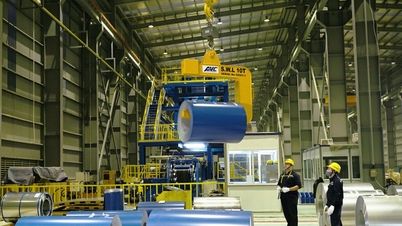
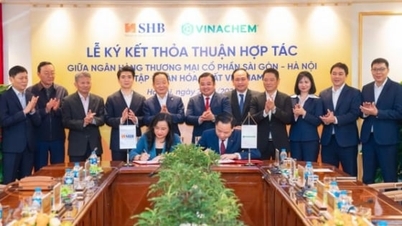
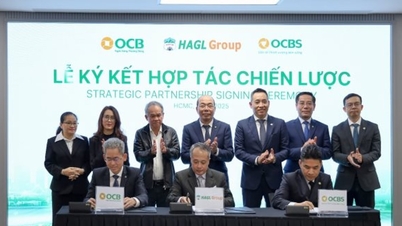








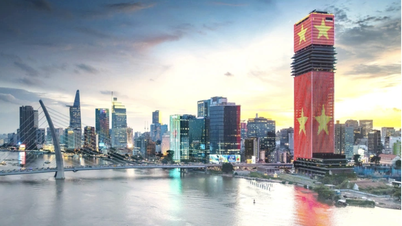
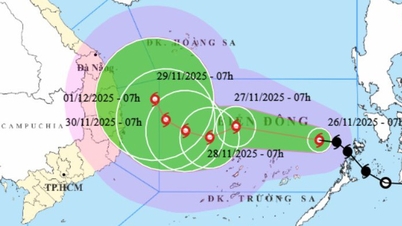

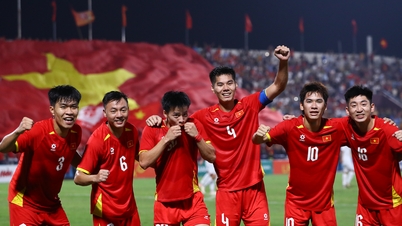
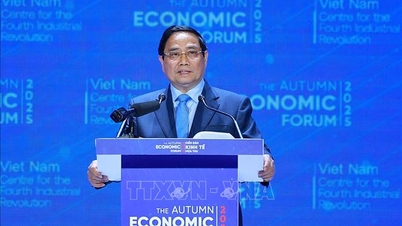
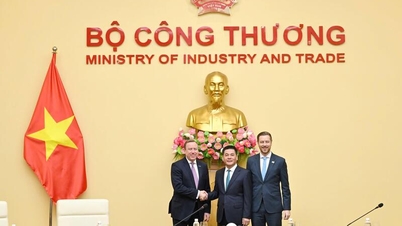

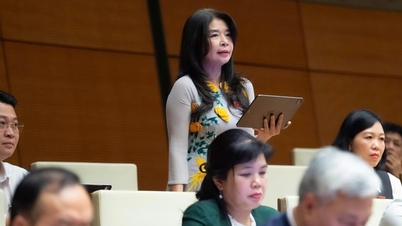


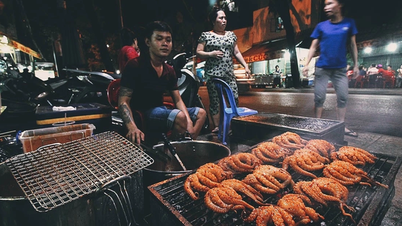
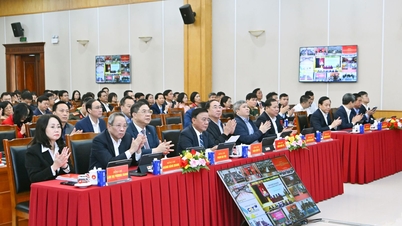

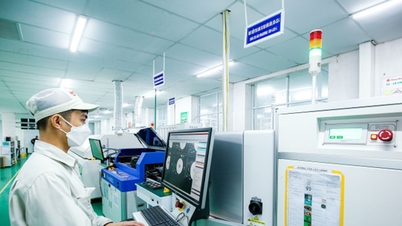

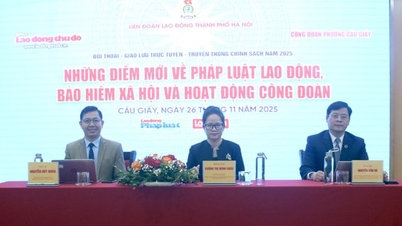

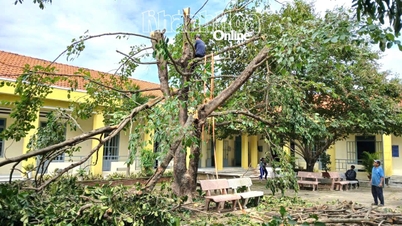


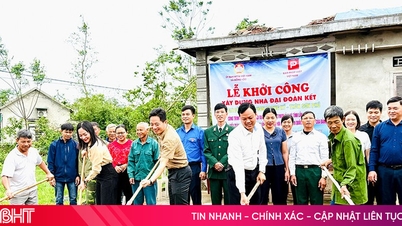

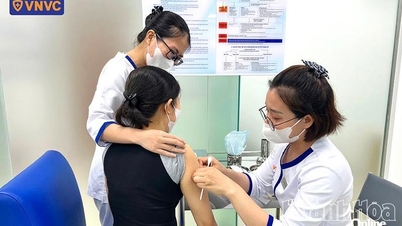













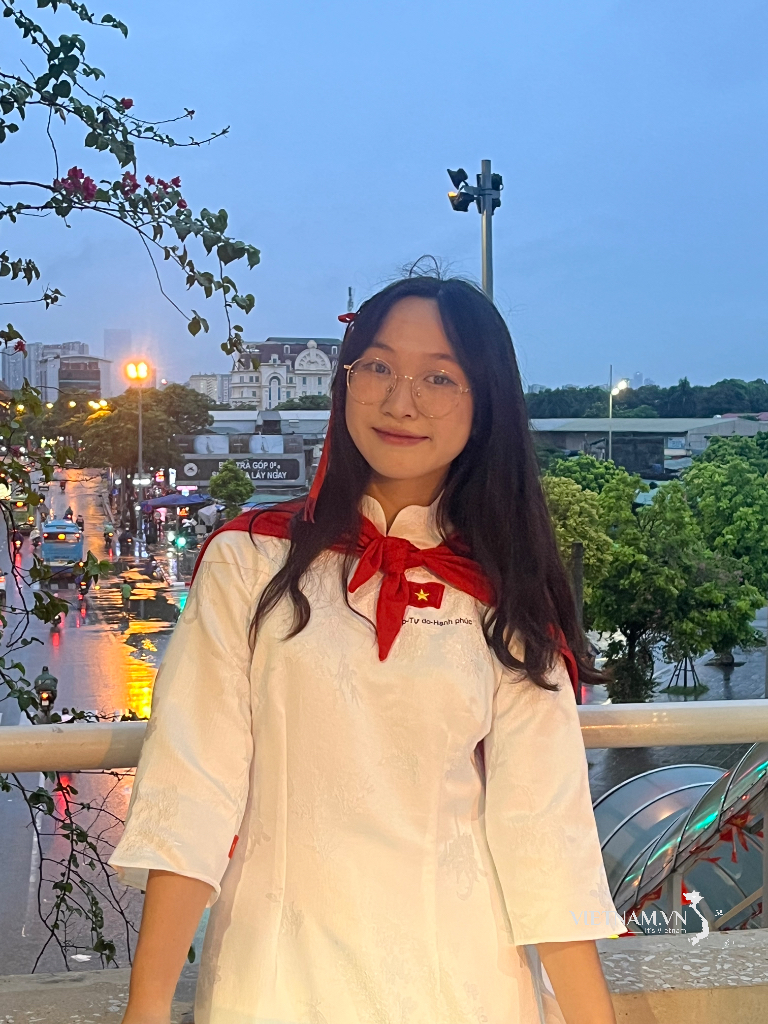
Comment (0)